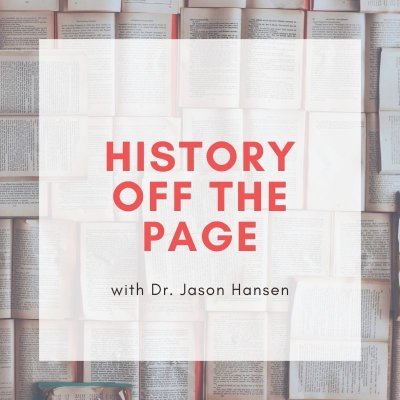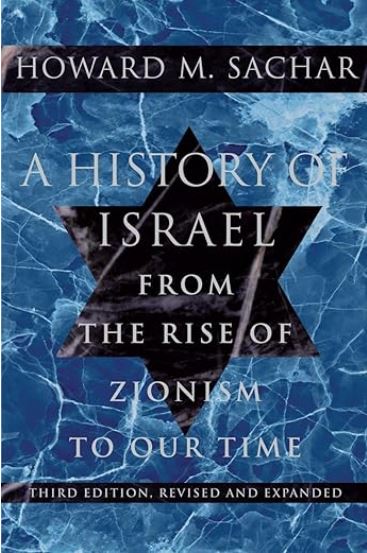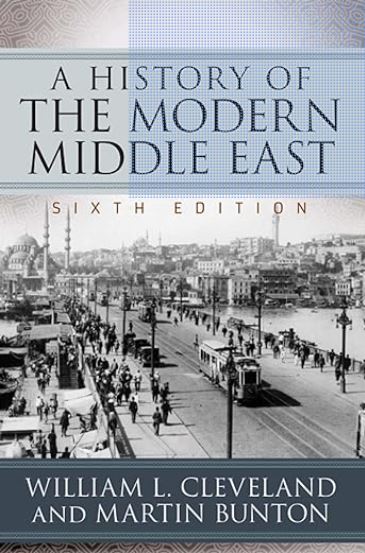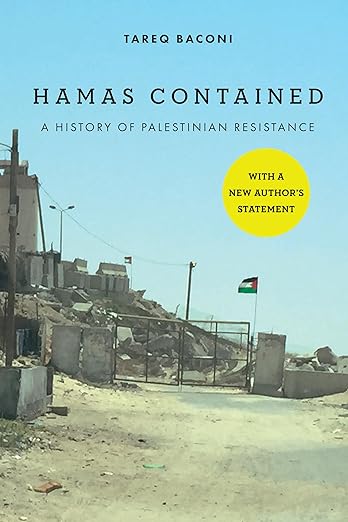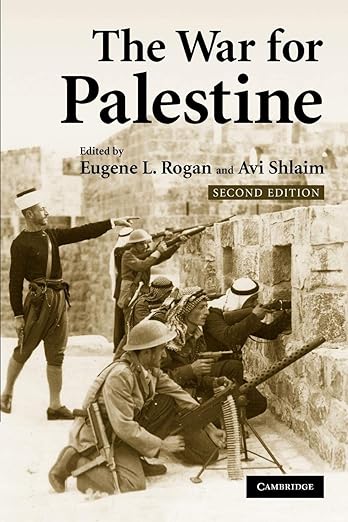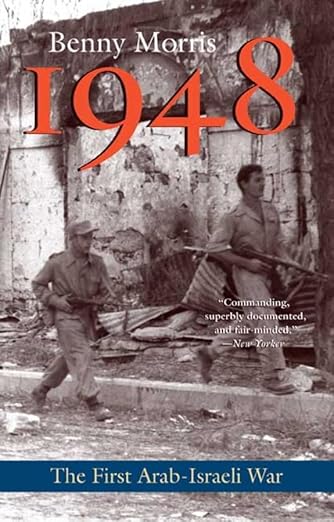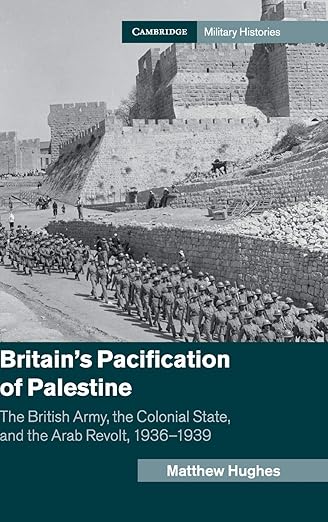This is a placeholder for your sticky navigation bar. It should not be visible.
3 Books: the Israeli-Palestinian Conflict
Hamas’ October 7, 2023 surprise attack and the brutal Israeli response in Gaza have raised substantial interest in the history that underwrites the conflict. Below you can find some recommendations for works that have helped me understand this complicated history (note these aren’t all the books I’ve used as sources, they are merely the ones I’d recommend reading).
However, before beginning, a word of caution is in order. The history of the region is complex, and most authors tend to write from particular perspectives. This does not make their work unuseful (i.e. *biased*)…but one needs to be aware that even the best histories may still leave out important context, or they may over emphasize particular episodes, instances of suffering, etc. I would therefore HIGHLY RECOMMEND reading works from multiple perspective to get the full picture.
Click on the images below for Amazon links.
Originally written in 1976, this updated version of Howard Sachar’s A History of Israel (2007) is one of the most balanced works I’ve encountered from the Israeli perspective of the region. At over 1200 pages it quite thorough, walking readers through the challenges of Jewish immigration, the complexities of international diplomacy, the construction of Israeli society after 1948, and more. One of the things I like about it is that it also candidly discusses Israeli relations with Palestinians, including episodes of violence (e.g. Deir Yassin) and discrimination more ‘heroic’ treatments tend to ignore. No book is perfect, and this is a history of Israel and Zionism, not of Palestine or Palestinians. But if you’re looking for a deep read on the topic from the Jewish perspective, this is an excellent choice.
Columbia Prof. Rashid Khalidi’s Palestinian Identity is an excellent entry point into some of the deep complications of the Palestinian experience, including its early reactions to Zionism. He also historicizes the emergence of Palestinian identity, showing how it emerged and evolved over time. One of the most impressive aspects of the book is the way it also reflects critically on the development of Palestinian politics and society, building out more of a narrative than just Palestinians as victims. His more recent 100 Years War on Palestine unfortunately is far more polemical, but I would strongly recommend reading Palestinian Identity, especially if you’re interested in the early 20th century.
Cleveland and Bunton’s History of the Modern Middle East is your basic intro-level history textbook. In addition to several chapters on the history of Israel/Palestine, the book really helps you understand the broader Middle Eastern context – especially developments in the Ottoman Empire, Egypt, Lebanon, Arabia, Jordan and Iraq that have played key parts in the story of Israel/Palestine. As we’ve discussed in the podcast, these braoder currents – modernization, anti-colonialism, pan-Arabism, war and politics, imperial and intra-Arab rivalries have had such a fundamental effect on the story, and it is often difficult to go into these types of details in works that focus exclusively on Israel/Palestine.
Tareq Baconi’s unfortunately titled Hamas Contained is a thorough, objective history of the movement that has so captured global attention. It starts by providing some backstory to the rise of Palestinian resistance with Izz al-Din al-Qassam in the 1920s. It then carries the story up through Hamas’ 1987 foundation, its turbulent relations with other Palestinian factions, and its appeal to Palestinians who became frustrated by Fatah’s corruption and its failure to achieve meaningful progress for Palestinians despite their concessions to Israel. The version I read was published before Oct. 7th, but I found the book very helpful for understanding contemporary Gazans frustrations and why/how they could support the group.
Note: I haven’t gotten up to this point in the podcast.
A collection of reflective essays about 1948 by several prominent Jewish and Arab scholars of Israel/Palestine, including Rashid Khalidi, Avi Schlaim, Benny Morris and Edward Said. The essays cover a wide range of topics, including Palestinian politics, the Nakba, the Druze, the First Arab coalition, and separate chapters on the Jordanian, Egyptian, Lebanese, Saudi, Iraqi and Egyptian perspectives.
Speaking of Morris, he has several books on the subject from an Israeli perspective. However, Morris, like Schlaim, was a member of the Israeli “New Historians” in the 1980s who began to revisit questions about the founding of the state and its role in the expulsion of hundreds of thousands of Palestinians. Unlike some of the more radical members of the group (Schlaim, Ilan Pappe) who have become anti-Zionists, Morris has become more defensive of Israeli policy since the early 2000s. Nevertheless, 1948 provides an honest and reflective approach to these events, while also putting them into some context. The book’s final chapter begins to blend contemporary politics and history more than I would like. But the book is still well worth the read.
One of the least discussed or understood aspects of the conflict is role outside coutnries such as the Ottoman Empire or Britain have played in the conflict. Matthew Hughes’ Britain’s Pacification of Palestine is a thorough examination of British policy during the Mandate period, with a particular focus on the British response to the 1936-39 Arab revolt. This is a difficult but deeply important history, which deals with the issue of insurgency and counter-insurgency that have dogged global politics into the 21st century. Disclaimer: the British were pretty awful in terms of their methods of suppressing the rebellion.
